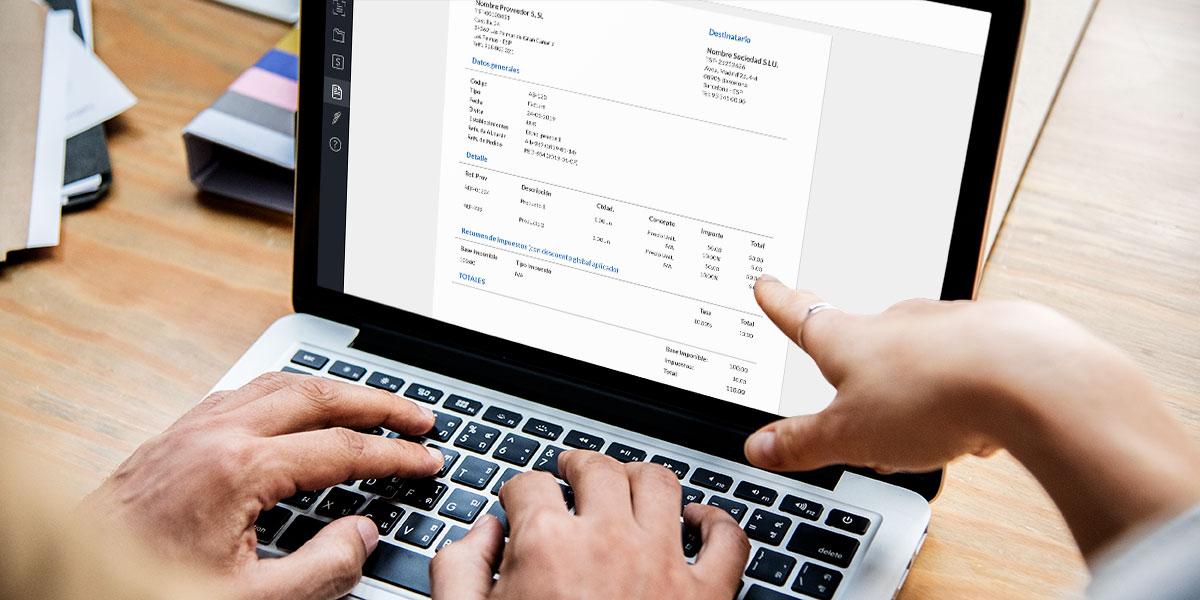Characteristics and benefits of the main e-invoicing models.
The use of e-invoicing continues to grow worldwide. More and more countries are legislating the use of e-invoicing, both in the B2G, B2B and B2C spheres. However, not all territories adopt the same model. In the world, two models for implementing e-invoicing have become widespread. The clearance model and the post-audit model. Below, we will analyse the main characteristics of each model and which countries opt for each of them.
The electronic invoice clearance model
In the clearance model, the corresponding tax authority must approve the e-invoice before it is valid and can be sent. Electronic invoices must be registered in the government’s systems and can only be sent once approval has been received from the administration. In other words, communication between the company and the administration takes place in real time.
Most Latin American countries have adopted the clearance model for electronic invoicing. In Europe, to date, Italy is the only country that has implemented B2B e-invoicing following the clearance model.
The electronic invoicing post-audit model
On the other hand, there is the post-audit model. In this model, companies exchange invoices and are subsequently accountable to the public administration. They do this through regular reports and briefings. Thus, companies must guarantee the authenticity, integrity and legibility of invoices once they have been issued, received and accounted for.
The post-audit model is mostly used in European countries. However, more and more countries are moving towards the clearance model. Recent examples are France and Poland.
The benefits of the clearance model
For the public administration, the benefits of the clearance model are very clear: they know the pulse of the economy in real time. It also serves as a tool to combat and reduce tax fraud.
For companies, the benefit may not be so clear initially. However, implementing electronic invoicing in an organisation is nothing more than an opportunity to digitise invoicing processes and obtain associated benefits such as process optimisation and, consequently, increase competitiveness. It also allows for fluid communication with the public administration.
baVel is the leading e-invoicing platform for the travel and e-procurement sector. Whether you operate in countries with a clearance model or in countries that follow a post-audit model, we will help you in your digitisation process towards e-invoicing. Find more information on our website or contact us directly at [email protected].











